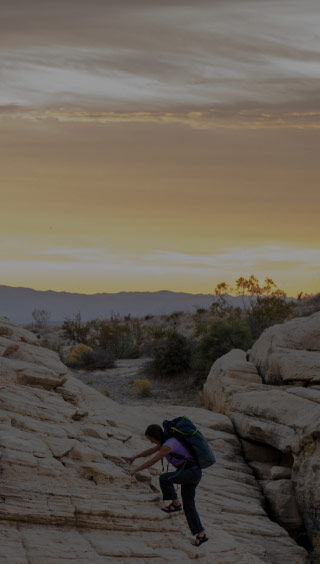


Who We Are
We are a small, Northern California company, woman-run and owned since 1989. No larger corporation, no outside investors – with the help of our community and our customers we've boot-strapped our way to a band of 300 or so – all committed to the idea of women owning and risking and leading.
We believe that the outdoors and a good workout can be the antidote to many of life's problems. We believe that business is a team sport, a grand experiment and a powerful engine of change. Above all, we believe in women. We are fit to run, we are fit to lead, we are fit to win.
Who We Are
When it comes to performance products, we have the inside line. We size up the best of what’s out there, very often making bets on small businesses run by women who are not only breaking the ceiling, but raising the roof and their voices too. They personally know what it takes to run hard, stand tall, climb high and go deep - and craft accordingly.
We believe that the outdoors and a good workout can be the antidote to many of life's problems. We believe that business is a team sport, a grand experiment and a powerful engine of change. Above all, we believe in women. We are fit to run, we are fit to lead, we are fit to win.
How She Built This
“Our philosophy at Title Nine can be summed up with one of my favorite sayings, ‘Not all things that count can be counted.'" - Missy Park
Title Nine Founder, Missy Park sat down with Guy Raz to talk about Title Nine on his NPR podcast How I Built This. From the early days and her fast fails, to her perseverance in empowering women with athletic gear made for them, Missy covers a lot of ground – with plenty of real talk and laughter along the way.
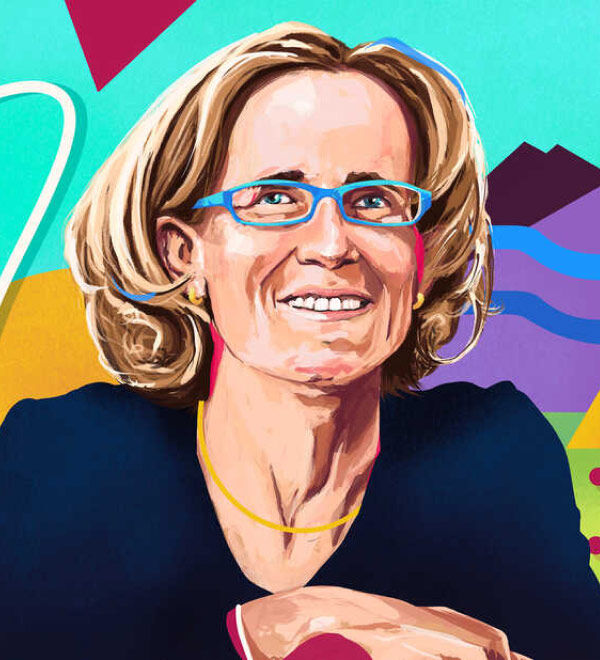
Scott Everett for NPR

Scott Everett for NPR
How She Built This
“Our philosophy at Title Nine can be summed up with one of my favorite sayings, ‘Not all things that count can be counted.'" - Missy Park
Title Nine Founder, Missy Park sat down with Guy Raz to talk about Title Nine on his NPR podcast How I Built This. From the early days and her fast fails, to her perseverance in empowering women with athletic gear made for them, Missy covers a lot of ground – with plenty of real talk and laughter along the way.
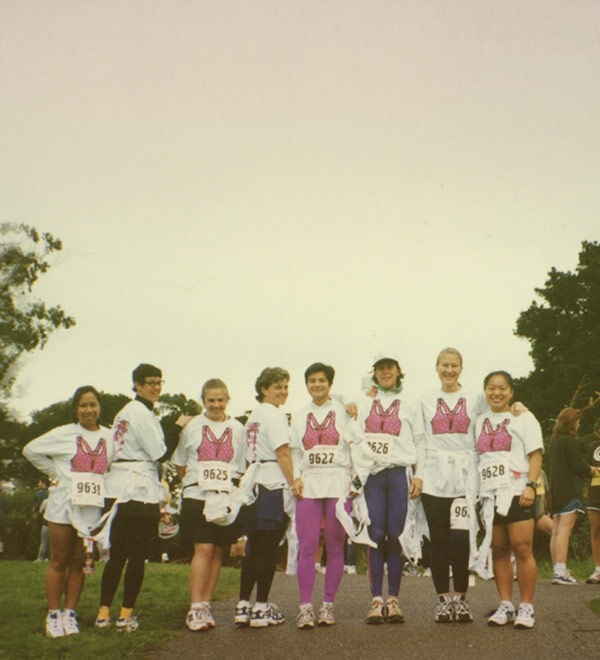
It Was All An Act
Title IX, to be more specific – the 1972 act that made it illegal for any public institution to limit participation in sports based on a person’s gender. It changed the athletic world and the lives of women everywhere – including our very own Missy Park, current high schooler, future collegiate athlete, and eventual founder of Title Nine. That act got her moving, and got her thinking, too – about how athletic apparel was still designed with men in mind. After that, she was all in – all that was left to do was take “act” into “action” – and to take “garage” into “Title Nine.”

It Was All An Act
Title IX, to be more specific – the 1972 act that made it illegal for any public institution to limit participation in sports based on a person’s gender. It changed the athletic world and the lives of women everywhere – including our very own Missy Park, current high schooler, future collegiate athlete, and eventual founder of Title Nine. That act got her moving, and got her thinking, too – about how athletic apparel was still designed with men in mind. After that, she was all in – all that was left to do was take “act” into “action” – and to take “garage” into “Title Nine.”
What’s in a name?
Get to know the amendment that inspired our name and our business.
TITLE IX is...
A landmark federal civil rights law that requires gender equality in all aspects of publicly-funded education.
It specifically says that “No person in the United States shall, on the basis of sex, be excluded from participation in, be denied the benefits of, or be subjected to discrimination under any education program or activity receiving Federal financial assistance.”
Why does it matter?
It means that women can’t be kept from becoming whatever kind of athlete they want to be, at least not by any public institution. Which is great, because research suggests that girls who participate in sports are less likely to use drugs and more likely to experience academic success and have higher levels of self-esteem.
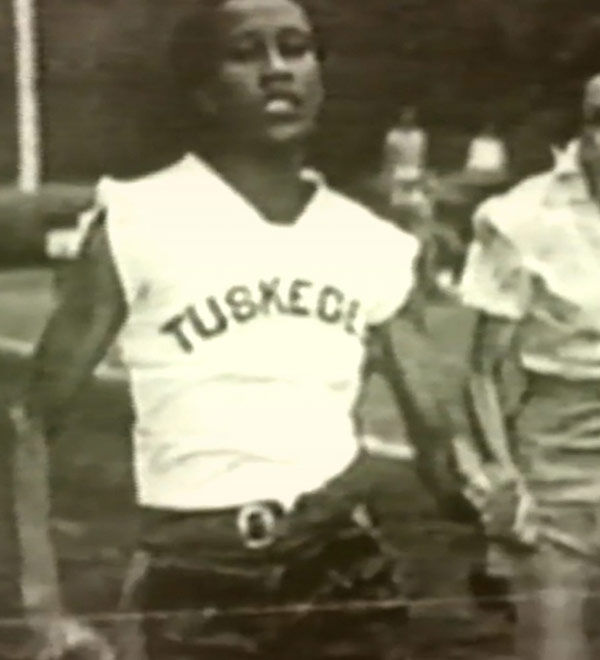

What’s in a name?
Get to know the amendment that inspired our name and our business.
TITLE IX is...
A landmark federal civil rights law that requires gender equality in all aspects of publicly-funded education.
It specifically says that “No person in the United States shall, on the basis of sex, be excluded from participation in, be denied the benefits of, or be subjected to discrimination under any education program or activity receiving Federal financial assistance.”
Why does it matter?
It means that women can’t be kept from becoming whatever kind of athlete they want to be, at least not by any public institution. Which is great, because research suggests that girls who participate in sports are less likely to use drugs and more likely to experience academic success and have higher levels of self-esteem.
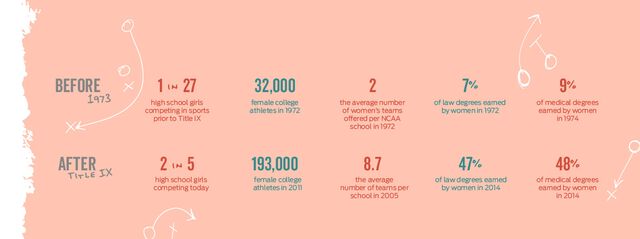
What It's Done

What It's Done
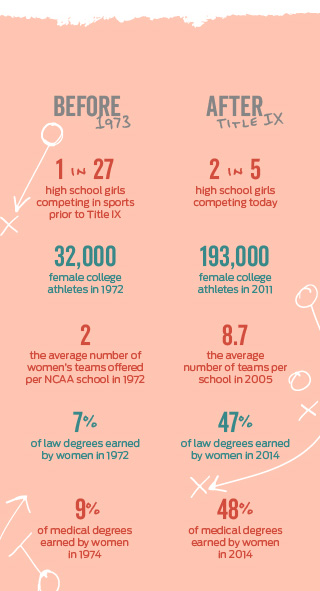
What It's Done
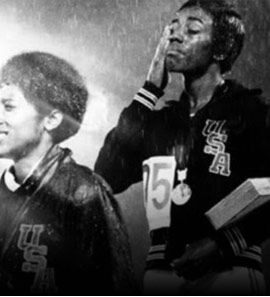
Wyomia Tyus
Fastest woman in the world, 1964
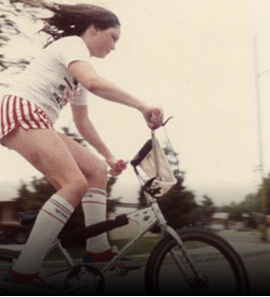
CHRISSY PIPER
BMX national champ at age 15
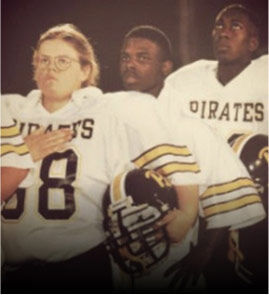
A team player
Fort Worth Texas, 1993
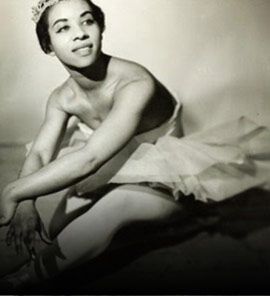
Raven Wilkinson
First African American woman to dance for a major classic ballet company
The Unsung Heroines of Sports History
For decades and even centuries, women and girls have been taking risks and breaking barriers to change the face of sports worldwide.
See their stories at @theunsungheroines
The Unsung Heroines of Sports History
For decades and even centuries, women and girls have been taking risks and breaking barriers to change the face of sports worldwide.
See their stories at @theunsungheroines

Wyomia Tyus
Fastest woman in the world, 1964

Chrissy Piper
BMX national champ at age 15

A team player
Forth Worth Texas, 1993

RAVEN WILKINSON
First African American woman to dance for a major classic ballet company

Wyomia Tyus
Fastest woman in the world, 1964

CHRISSY PIPER
BMX national champ at age 15

A team player
Forth Worth Texas, 1993

Raven Wilkinson
First African American woman to dance for a major classic ballet company
In Praise of Difficult Women
As business and community leaders, we are all confronted with hard decisions, decisions that further the good of the group but will inevitably make some unhappy. While men are usually "courageous" when they make these tough decisions, women are often labeled "difficult."
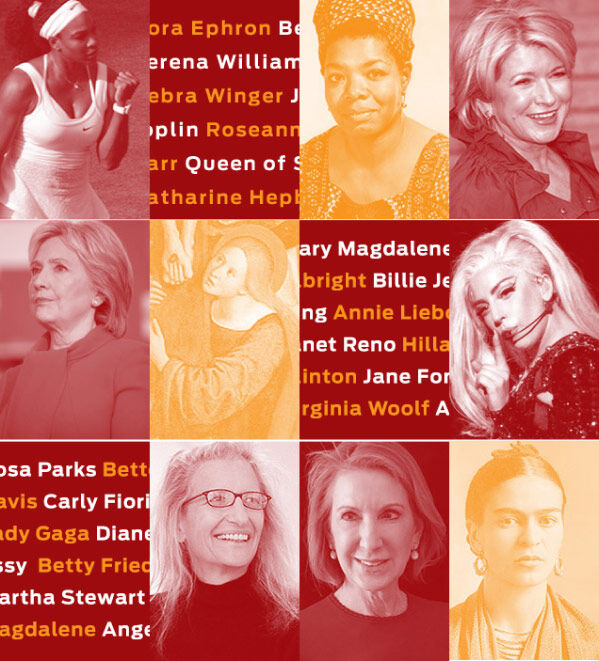

In Praise of Difficult Women
As business and community leaders, we are all confronted with hard decisions, decisions that further the good of the group but will inevitably make some unhappy. While men are usually "courageous" when they make these tough decisions, women are often labeled "difficult."
In Praise of Difficult Women
As business and community leaders, we are all confronted with hard decisions, decisions that further the good of the group but will inevitably make some unhappy. While men are usually "courageous" when they make these tough decisions, women are often labeled "difficult."
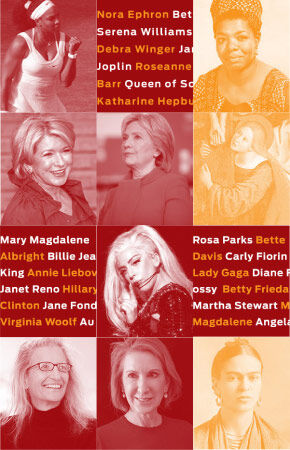

We know that we are courageous, but if we want to succeed as leaders in our work, our families and our communities, we must also face up to the "difficult" label, re-purpose it, make it our own.
